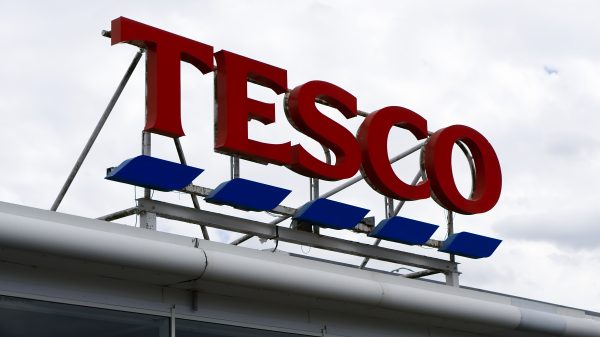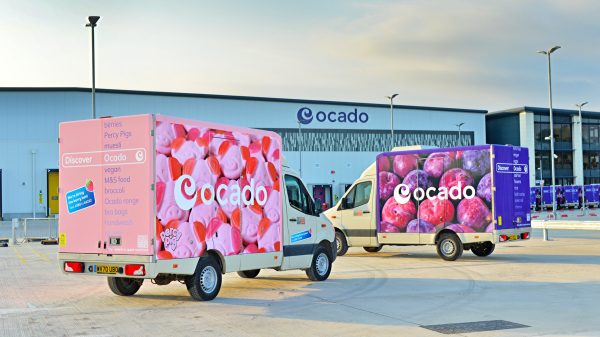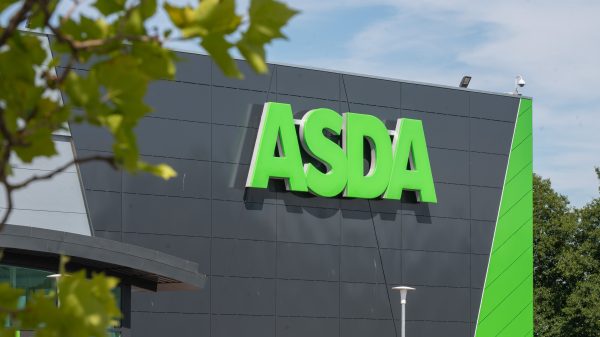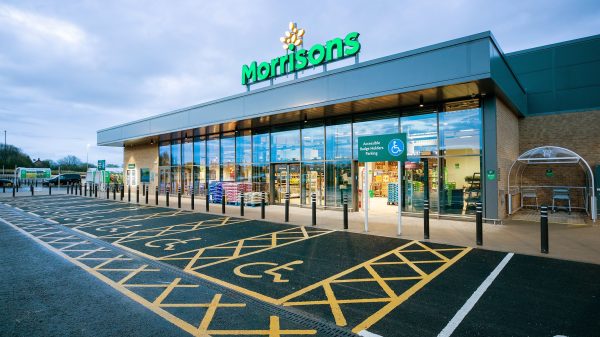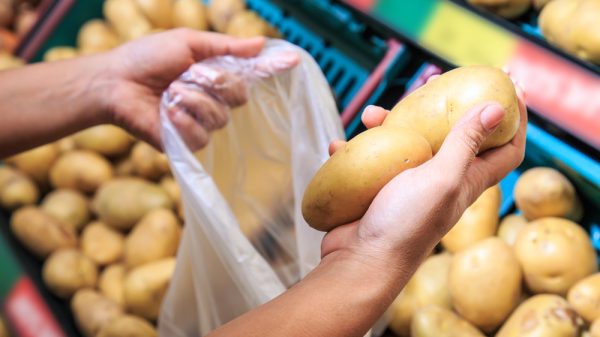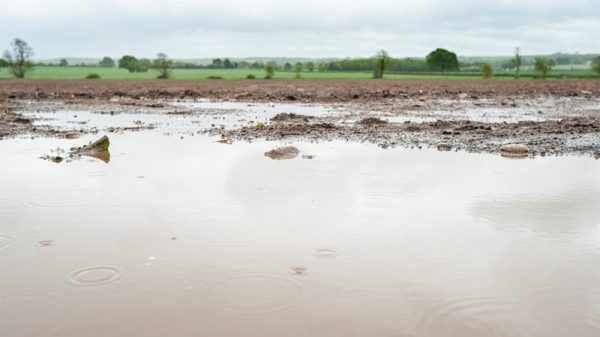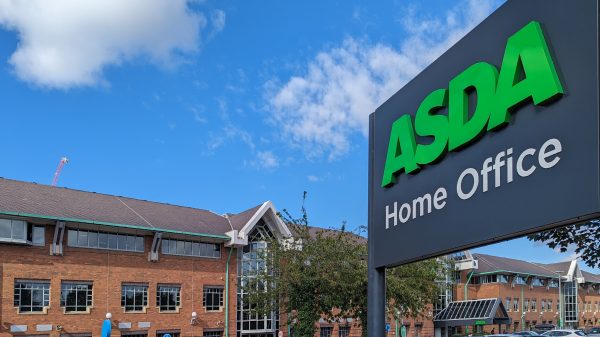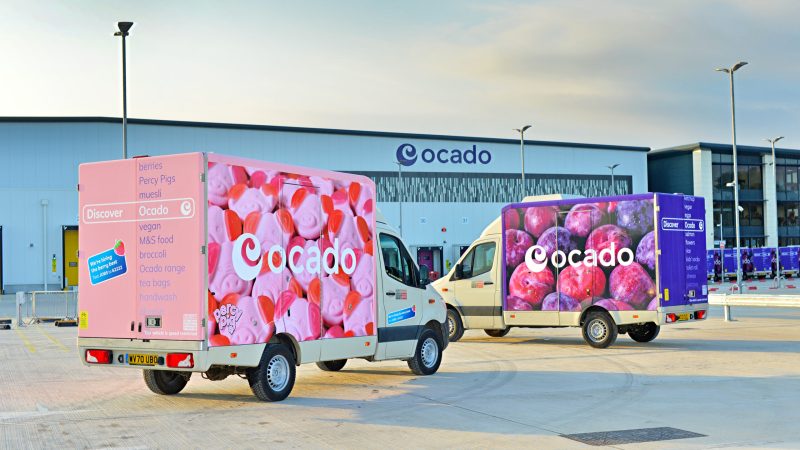Many major brands are failing to tackle the destruction of forests and other habitats caused by unsustainable palm oil production, WWF has warned.
The charity’s annual global scorecard for how companies use palm oil said most firms had failed to establish ways to ensure the oil they source is free from links to deforestation, conversion of land to plantations and human rights abuses.
WWF found companies like Heinz and Campbell Soups ranked extremely low when it came to sustainable palm oil.
But some companies show how progress can be made, WWF said, as it urged brands to increase investment in sustainable palm oil, hold suppliers accountable and invest in on-the-ground action to help communities and wildlife in landscapes that produce the crop.
Chocolate manufacturer Ferraro was one of the highest-ranking companies leading the way of sustainability, WWF revealed.
READ MORE: Tesco partners with WWF to fight climate change
The scorecard also highlights the parent company of Waitrose, the John Lewis Partnership, as one of the businesses leading the way on the issue, coming highest out of UK companies and fourth globally in the rankings.
The John Lewis Partnership, along with Arla Foods and Mars, have jumped from the middle-ranking to the top level in just a year.
The Co-operative Group was the second-best performing UK business and was judged as being “well on the path” to ensuring sustainable palm oil use, along with Unilever, Tesco and Saputo Dairy UK.
But WWF’s scorecard, which assesses 227 manufacturers, retailers, foodservice and hospitality companies on their commitments and actions in favour of sustainable palm oil, warns many are not doing enough.
Palm oil has a wide range of uses, but is a key driver of forest loss and habitat destruction in some areas of the world, as well as harming local people through land grabs, forcing them from their homes and violating human rights.
With palm oil already the world’s most widely used and traded vegetable oil, estimates suggest demand could soar further, WWF said, potentially worsening the environmental and social harms associated with its production.
Globally, half the companies that responded to inquiries by WWF are not sourcing 100% sustainable palm oil as certified by the Roundtable on Sustainable Palm Oil (RSPO), and only a quarter have systems in place to check if suppliers are meeting sustainability commitments.
Many companies did not respond at all to requests for information for the scorecard.
UK companies scored on average a little better than the international average and on par with the European average, in terms of their commitments and action.
“A few companies have made impressive strides to eliminate unsustainable palm oil from their businesses to protect nature,” WWF executive director of advocacy and campaigns Katie White said.
“They have shown their competitors that it can be done.
“However, despite many global brands making long-standing commitments to eliminate the destruction of nature from their palm oil supply chains by 2020, the vast majority are still not acting on their promises.
“We won’t forget the companies that don’t step up – with so much at stake, there is no room for inaction or half measures.”
With PA Wires
Click here to sign up to Grocery Gazette’s free daily email newsletter


